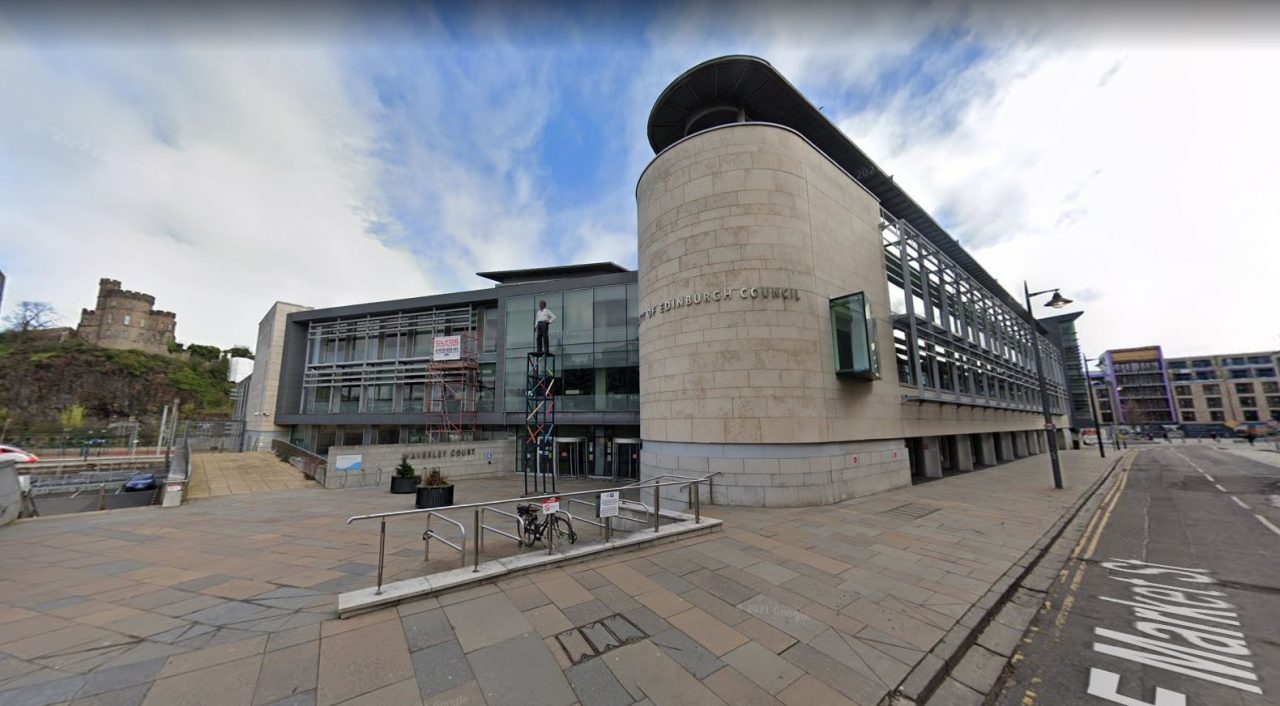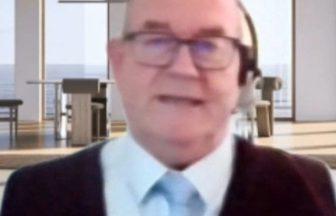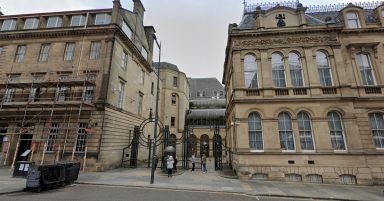Edinburgh’s only ethnic minority councillor has said she is concerned the council is “inadvertently widening inequalities”.
The SNP’s Simita Kumar made the point as she criticised the lack of diversity on a panel responsible for allocating £10m to local projects.
Kumar raised the issue as councillors met to agree on the list of organisations set to receive cash from the UK Shared Prosperity Fund, as recommended by a group ‘chosen for their expertise and knowledge of their sectors’.
The capital’s £12.4m allocation from the UK Government, which includes £2.1m for Multiply, the council’s programme to improve adult numeracy skills, is intended to “build pride in place and increase life chances”.
Public toilets at Hawes Pier, a community café in Corstorphine, new greenspaces for council estates and support for those struggling with the rising cost of living are amongst the initiatives in Edinburgh set to benefit.
But there was concern the officer-appointed panel that put forward 32 beneficiaries for councillors to approve included only “white professionals” with no representatives from minority groups.
And a further challenge came from SNP members after it emerged five of the 15 panelists were from organisations that had submitted applications for funding – and were in the room during discussions about bids.
Kumar said at the committee held on Thursday: “We perhaps don’t have a very diverse representation on the panel and it might reflect on the projects that were approved.
“Perhaps if we had a more diverse panel they’d be able to scrutinise or explain further how projects are different rather than duplicated.”
The council’s business growth programme manager Elin Williamson said: “I don’t think we had anyone from a minority ethnic background.”
She added: “We had a good split between men and women so gender balance was correct but it wasn’t in something that was in the forefront of my mind.”
SNP councillor Kate Campbell replied saying she was “struck” it hadn’t been considered, adding: “I wondered if there was anyone that was disabled or anyone who was, for example, care experienced? Was it just professionals or was there any service users?
“When we looked at the list of projects that have been rejected, a number of them have been rejected because they were too niche or too specialist but actually if you’ve got a panel of white professionals assessing things going ‘this is too niche’ maybe they don’t have that understanding of how specialist services can be really important if you’re in a minority group.”
Kumar, who was elected to the council in May, said she was concerned councillors are “inadvertently widening the inequalities that we have been tasked to reduce”.
She added: “As a woman and as a person of colour – and the only ethnic minority councillor for this council – I’m really pleading that we really scrutinise our processes to ensure that we are not doing lip service or appearing tokenistic in our processes.”
Convener of the Housing, Homelessness and Fair Work Committee Jane Meagher said: “Perhaps that’s something we need to be more mindful of in the future.”
The Labour councillor added: “I think the under-represented groups should not just be about groups of BAME of women or disabled, we need to get better at identifying very specific groups whether that’s geographically, ward based, that’s how we do it – we specifically target and make sure we have representation from them.”
An amendment tabled by the SNP group called for a governance review of the panel to be undertaken and noted a process to have it diversified for future funding years would be “desirable”. However, it was defeated by six votes to five.
Campbell also took issue with the fact that the value grants being awarded to groups was not included in the report and would be decided by officials at a later date without councillor approval.
She said after the meeting: “The committee has effectively written council officers a blank check for over £10m, through a flawed process, and over which elected members will have no further oversight. Councillors are accountable to the public because we are elected and officers simply are not.
“On top of this, of fifteen members of the panel deciding on which organisations should be funded, five had applications for funding themselves.
“While I accept that those organisations did not score their own bids, they were very much around while those decisions were being made. Perception is hugely important, especially considering the large amount of money involved.”
Follow STV News on WhatsApp
Scan the QR code on your mobile device for all the latest news from around the country


 Google Maps
Google Maps

























